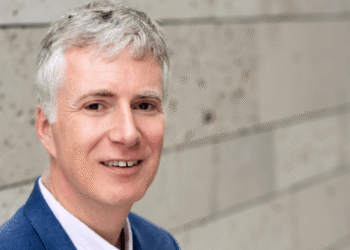The three-day conference closed with reflections on how India can balance efficiency, equity, and cultural values in governance, with insights from global institutions, activists, and academics
The halls of the Indian Institute of Management Bangalore turned into a laboratory of ideas last week as the CPP Conference 2025 wrapped up three days of discussion on how policy can respond to the country’s shifting social and economic challenges.
What emerged was not simply a list of research papers or keynote addresses, but a bigger question about the Indian state itself: how can it deliver efficiently while still staying inclusive, equitable, and culturally resonant?
State capacity under scrutiny
Sessions across the event returned to the theme of state capacity – the ability of governments to design, fund, and implement policies. Some participants argued that the Indian state remains overburdened, often trying to do too much with too little, while others emphasised that capacity must be understood as not just administrative but also social: the trust between citizens and institutions.
Water as policy challenge
Another strong theme was water. Presentations on Jal Jeevan Mission and wider debates on water security showed how fragile India’s resource management remains. Case studies from rural areas illustrated both successes in providing piped drinking water and the gaps in ensuring sustainability. Experts from development agencies and community organisations stressed that water policy will be a frontline test of whether India can match infrastructure rollouts with long-term governance.
Dharma in governance
Unusually for a policy conference, a panel examined the role of Dharma in modern governance. Speakers linked ethical frameworks from Indian philosophy with contemporary questions of corruption, accountability, and fairness. The discussion suggested that embedding values in policy might not be a return to tradition but a way of grounding decisions in shared cultural reference points.
Beyond academic debate
The event, co-hosted by international bodies including the World Bank, alongside Indian civil society organisations and universities, also highlighted the lived experience of policy. Social activists shared field insights on disability inclusion and marginalised communities, reminding delegates that technical frameworks must connect back to everyday realities.
As the conference closed, the consensus was clear: policy in India can no longer be thought of as a technocratic exercise alone. It is about capacity, resources, and values – a balancing act that will define governance in the years ahead.
At Prittle Prattle News, we honor your dedication and inventiveness led by showcasing you in a positive light. Under the direction of Editor-in-Chief Smruti Bhalerao, our platform is committed to disseminating powerful narratives that raise awareness and motivate change. For more important stories, follow us on LinkedIn, Instagram, and YouTube.











































































































































































































































































































































































































































































1 Comment